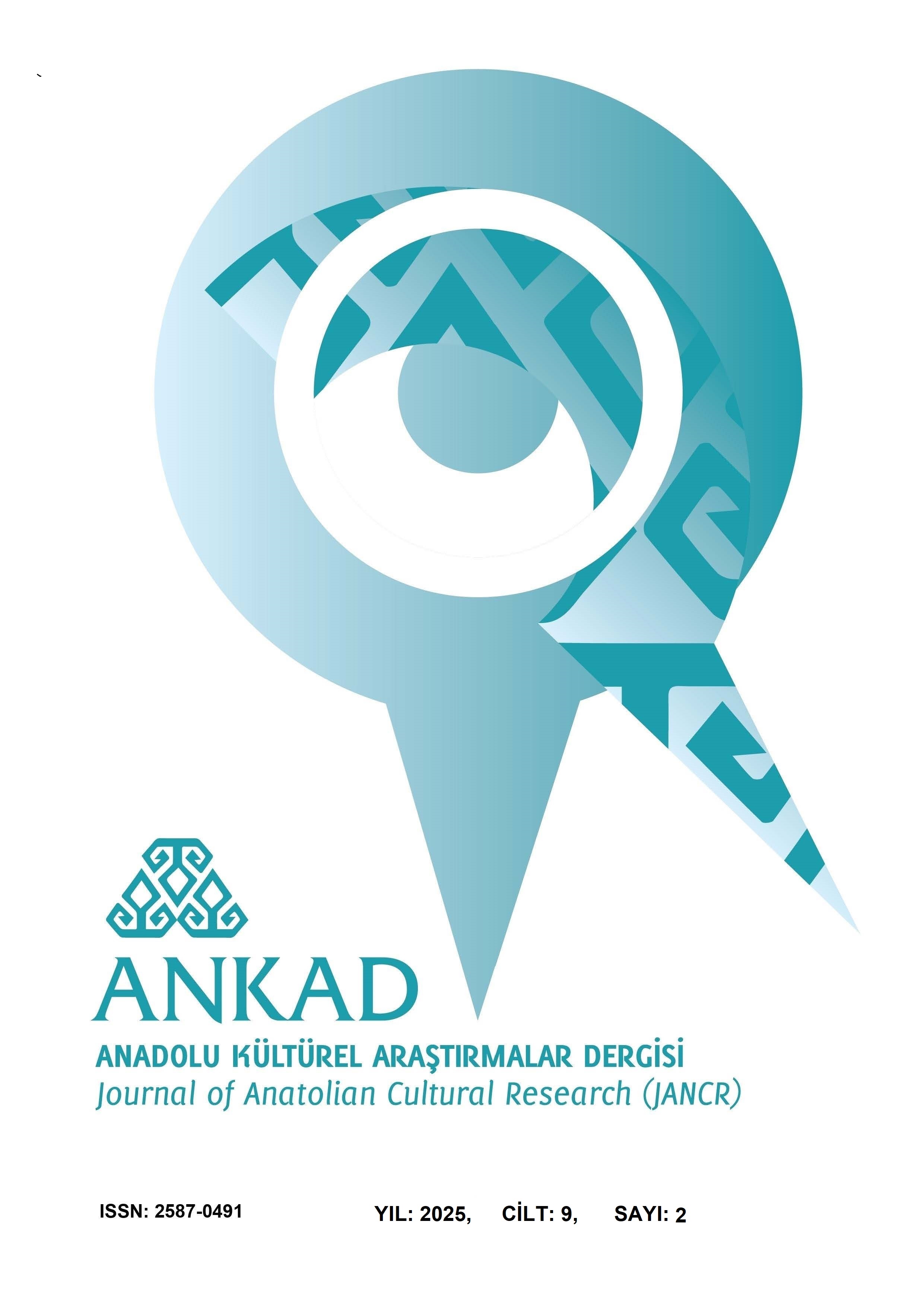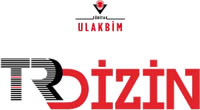Abstract Concepts of Space and Time in The Kazakh Turkish Translatıon of The Qur'an
DOI:
https://doi.org/10.63556/ankad.v9i2.249Keywords:
Kazakh, Religious term, Abstract Concept, Holy QuranAbstract
Abstract
Kazakh Turkish, which is in the north-eastern (Kipchak) group of the Turkic religion and emerged in the second half of the XV. century after the collapse of the Khanate of Altinordu, gave oral literature products until the beginning of the XX. century. After this date, one of the written texts of Kazakh in many fields is the translation of the Holy Qur'an. Qur'an translations are very important in terms of showing the religious terms of the language. Among religious terms, abstract concepts have a special place in terms of revealing the richness and greatness of the language and processing the language.
In this study, the Kazakh translation of the Holy Qur'an, which was translated from Arabic into Kazakh in 2024 by Erşat Oŋğar and into literary language by Nurjan Muratäli, focuses on the abstract concepts of space and time. This translation is one of the most recent translations. In this respect, it is remarkable in terms of revealing the equivalents of abstract religious concepts in the Kazakh of the last period. In the study, the concepts of Resurrection, Hereafter, Heaven-Hell and Day of Judgement and their other names in the Kazakh Turkish translation of the Holy Qur'an are analysed. First, these concepts and other names were identified verse by verse in the Holy Qur'an, written in transcription, given together with the names of suras and verse numbers. Then all the equivalents of abstract concepts in the Kazakh Turkish translation of the Holy Qur'an are given separately. In addition, the first verse in which the term is mentioned is written as an example. At the end of the study, an evaluation was made on the Kazakh equivalents of abstract space and time concepts in the Quran.
Keywords: Kazakh, religious term, abstract concept, Holy Quran
In this study, the Kazakh translation of the Holy Qur'an, which was translated from Arabic into Kazakh in 2024 by Erşat Oŋğar and into literary language by Nurjan Muratäli, focuses on the abstract concepts of space and time. This translation is one of the most recent translations. In this respect, it is remarkable in terms of revealing the equivalents of abstract religious concepts in the Kazakh of the last period. In the study, the concepts of Resurrection, Hereafter, Heaven-Hell and Day of Judgement and their other names in the Kazakh Turkish translation of the Holy Qur'an are analysed. First of all, these concepts and other names were identified verse by verse in the Holy Qur'an, written in transcription, given together with the names of suras and verse numbers. Then all the equivalents of abstract concepts in the Kazakh Turkish translation of the Holy Qur'an are given separately. In addition, the first verse in which the term is mentioned is written as an example. At the end of the study, an evaluation was made on the Kazakh equivalents of abstract space and time concepts in the Quran.
References
Baynizov, A., Baynizova, J. & Koç, K. (2021). Kazak Türkçesi-Türkiye Türkçesi sözlüğü. Ankara: TDK:
Buran, A. & Alkaya E. (2001), Çağdaş Türk lehçeleri. Ankara: Akçağ.
Karagöz, İ. vd. (2010). Dinî kavramlar sözlüğü (5. Baskı). Ankara: Dib Yay.
Karasar, N. (2005). Bilimsel araştırma yöntemleri. Ankara: Nobel.
Oŋğar, E. & Muratäli, N. (2024). Kasiyetti Kuran mağnası men tüsiniktemeleri. Astana.
Tamir, F., (2007). “Kazak Türkçesi” (Ed: A. Bican Ercilasun), Türk lehçeleri grameri. Ankara: Akçağ.
Yazır, H., (2009). Kur’an-ı Kerim ve satır arası meali. Konya: Kervan Yay.
Yüksel, N. (2007). Konularına göre Kur’an-ı Kerim fihristi. İstanbul: Bayrak Yay.
Downloads
Published
How to Cite
Issue
Section
License
Copyright (c) 2025 Journal of Anatolian Cultural Research (JANCR)

This work is licensed under a Creative Commons Attribution-NonCommercial 4.0 International License.










